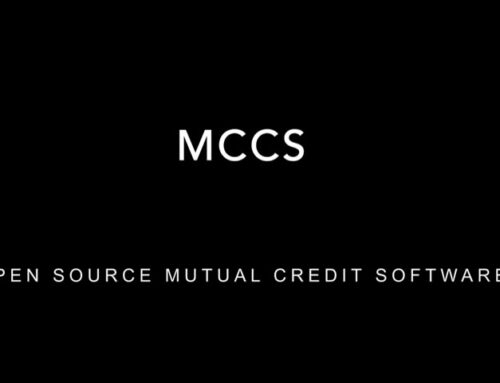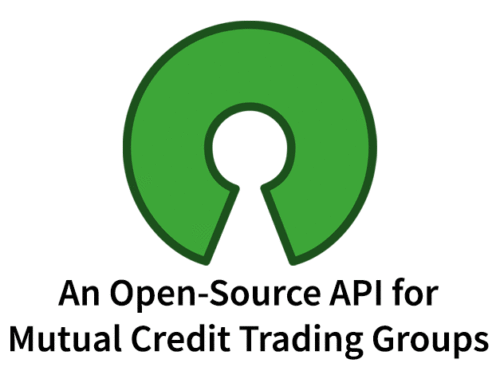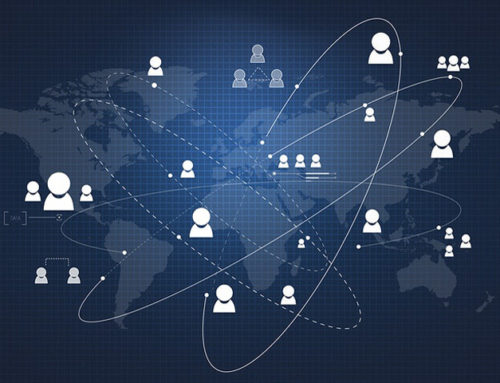When most of us think about money, we envision this scarce thing that we use to obtain our basic needs, and if we’re lucky, other stuff that fulfills our wishes. But why does money need to be scarce?
The classic definition of money states that it must fulfill three functions: medium of exchange, unit of account, and store of value. It’s the store of value function that requires scarcity. How can something retain value should it become abundant? Ask anyone who has lived through hyperinflation to explain that to you if it is not clear!
But if money stores value by being scarce, it might not be readily available when you and I need to exchange goods and services! The store of value function is in constant opposition with the medium of exchange function. With conventional money, there is simply not enough to go around at any given moment to facilitate all the exchanges that people want to make.
Fortunately there is another way, beyond our usual concept of scarce money, that enables us to have a medium of exchange that is limited in quantity (i.e., not inflationary in the usual sense of the word) yet still readily available so that a fluid exchange of goods and services is always possible.
Mutual credit enables parties to exchange with each other without requiring conventional money. It is a simple, interest-free accounting system that can be denominated in any unit of account, so traders can use a value measurement unit with which they are already familiar (e.g., a pound or a dollar).
If you have goods or a service that the community values and that you can produce or perform reliably, mutual credit enables you to buy goods and services now using your promises to deliver goods later. You do not need to possess money to make this happen. Instead the trading community simply has to trust you to deliver your goods or services in the future by extending you a line of credit. You can then use this credit to obtain goods and services from others to meet your basic needs and wishes, and even to obtain the raw materials and tools necessary to produce your goods or services. Your only obligation is to accept those credits in return from other participants in this network when they compensate you for your work.
Mutual credit is not just a theory, it is a practical economic solution that has been proven to work, particularly during periods of economic turmoil. More importantly, mutual credit empowers communities to channel their economic energy in a direction they determine.
Whether or not we are about to enter another period of economic difficulty, those of us who care about the future of humanity can join together to start transacting with each other in a way that could lead us to a more harmonious existence amongst ourselves and in relation to this planet which supports us.
The sooner more of us can start thinking about money as a communication system instead of a scarce thing, the sooner we can shift our collective mindset from one of hoarding and destructive consumption to that of abundance and equilibrium.





